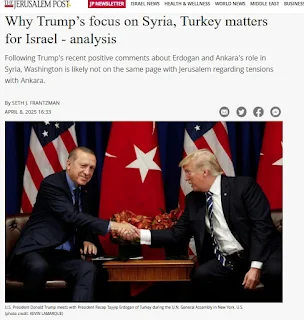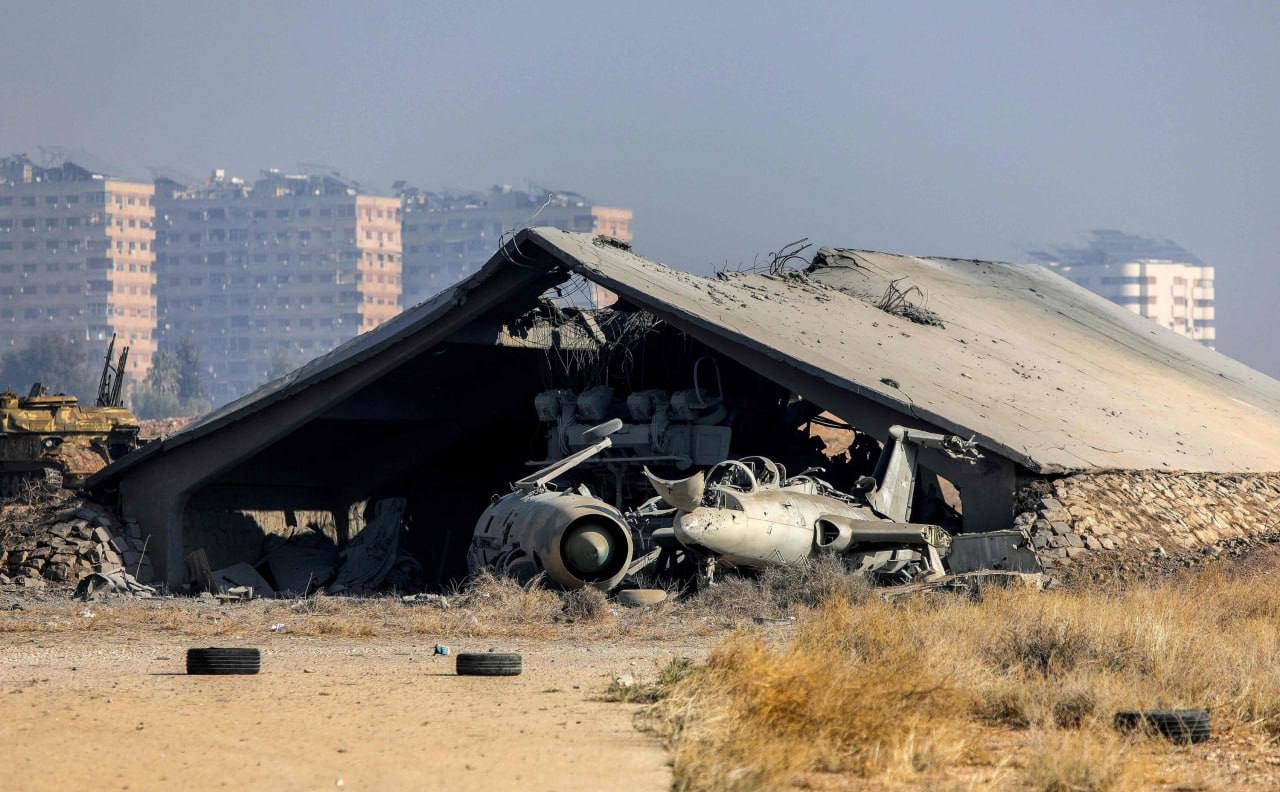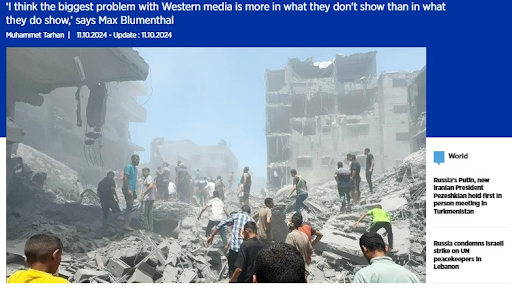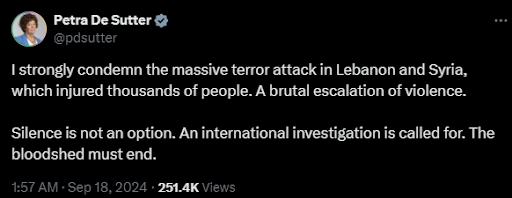
Media Review: Who’s Shaping the Narrative of Iran’s Protests?
Reviewing a news story from Al Jazeera:
In an era where digital spaces often shape political realities as much as streets and parliaments, a recent wave of online activism surrounding protests in Iran has come under scrutiny. What appeared to be a grassroots digital uprising—centered around the hashtag #LiberateThePersianPeople on X (formerly Twitter)—has been revealed by a detailed network analysis to be a highly coordinated campaign.
A Digital Campaign with External Origins
The protests in several Iranian cities were initially sparked by worsening economic conditions. However, online discourse quickly shifted from local grievances to sweeping political narratives about regime change, thanks in large part to the viral spread of #LiberateThePersianPeople.
Contrary to assumptions that this digital momentum originated within Iran, an investigation by Al Jazeera Verify shows that the campaign was primarily orchestrated by external actors—most notably pro-Israeli networks.
Data collected over several days reveals striking anomalies:
Of 4,370 posts analyzed, 94% were retweets, with only 170 original posts.
Despite reaching over 18 million users, the content stemmed from a very small pool of sources.
The interaction pattern followed sharp, intermittent spikes—typical of coordinated inauthentic behavior rather than organic public discourse.
A Politicized Narrative, Not Organic Outrage
The messaging pushed through the hashtag wasn’t just sympathetic to protesters—it carried a clear political agenda. Posts framed the unrest as a historic “moment of collapse,” using stark binaries like:
“The people vs. the regime”
“Freedom vs. political Islam”
“Iran vs. the Islamic Republic”
The campaign also aggressively promoted Reza Pahlavi, son of Iran’s last Shah, as the legitimate alternative leader. Pahlavi himself actively participated, posting on X and receiving enthusiastic endorsements from Israeli-linked accounts who labeled him “the face of a new Iran.”
Direct Involvement of Israeli Officials
High-profile Israeli figures openly joined the digital push:
Itamar Ben-Gvir, Israel’s Minister of National Security, posted in Persian calling for the “fall of the dictator” and expressing support for the protests.
Former Prime Minister Naftali Bennett’s past statements were widely recirculated within the hashtag ecosystem.
Additionally, Israeli activists such as Eyal Yakobi and Halil Nueir amplified claims of excessive violence by Iranian authorities while accusing international media of silence.
Ideological Reframing and Calls for Foreign Intervention
Rather than focusing on socioeconomic demands, the campaign reframed the protests as an ideological battle against Islam itself. Posts frequently described Iran’s government as “oppressive Islam” and portrayed Persians as victims of religious tyranny—a narrative aimed at severing the link between the state and society.
Even more alarmingly, the discourse escalated into explicit calls for foreign military intervention:
Fabricated or decontextualized quotes attributed to Donald Trump suggested U.S. readiness to act if protesters faced violence.
Reza Pahlavi publicly welcomed these alleged statements.
U.S. lawmakers like Rep. Pat Fallon shared similar messages, while numerous posts urged Israeli Prime Minister Benjamin Netanyahu to intervene directly.
Central Nodes in a Coordinated Network
Network mapping identified key accounts driving the campaign:
@RhythmOfX: Created in 2024, this account changed its name five times and consistently promotes both Israeli interests and the restoration of the Pahlavi monarchy. It regularly calls on the U.S. to take action against Iran’s Islamic Revolutionary Guard Corps.
@NiohBerg: A verified account claiming to be an “Iranian Jewish activist” supporting Israel and monarchy restoration. Active since 2017 and also renamed multiple times, it presents itself as a leading voice in the movement and alleges it is wanted by Iranian authorities.
@IsraelWarRoom: This account functions as a digital “war room,” routinely reposting content from @NiohBerg and disseminating real-time alerts, U.S. official statements, and field footage related to Iran.
These nodes formed a tightly interconnected cluster, demonstrating strategic coordination rather than spontaneous solidarity.
A Weaponized Hashtag
The evidence strongly suggests that #LiberateThePersianPeople was not an authentic expression of Iranian public sentiment, but a politically weaponized digital operation launched from outside Iran. Orchestrated by networks tied to Israel and its allies, the campaign sought to hijack legitimate economic protests and reframe them as part of a broader geopolitical project—one that envisions regime change through foreign intervention and the restoration of monarchy. In doing so, it highlights a growing trend: the battlefield of narratives is now as critical—and as contested—as any physical one.











































































